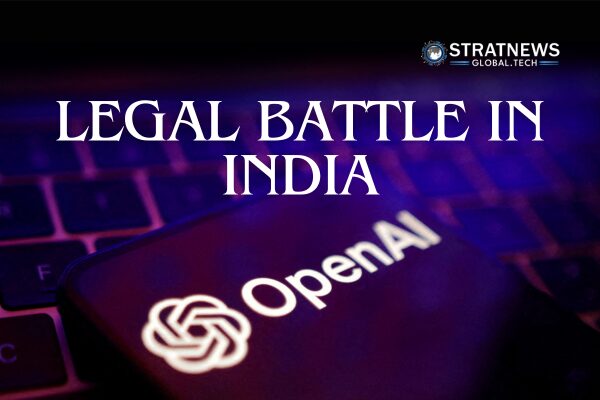OpenAI Faces Indian Court Jurisdiction
OpenAI is facing a tough legal fight in India as it argues that local courts cannot hear lawsuits related to its US-based business. This defence has failed for other tech firms like Telegram, which faced similar challenges in the country. The case stems from allegations by Indian news agency ANI, which accuses OpenAI of using its copyrighted content without permission.
India is OpenAI’s second-largest market, with millions of users. The case has gained significant attention as major media groups, including those backed by billionaires Gautam Adani and Mukesh Ambani, have joined ANI in opposing OpenAI. The legal outcome could have broader implications for how foreign tech companies operate in India.
OpenAI’s Legal Position and Court Reactions
OpenAI maintains that its AI models rely on publicly available data, adhering to fair use principles. The company is also facing similar copyright lawsuits in the US, Germany, and Canada. In India, OpenAI’s legal defence rests on claims that disputes should be resolved in San Francisco, as per its terms of service, and that it does not have servers or data centres in India.
However, legal experts believe this argument is outdated. Dharmendra Chatur, a partner at Poovayya & Co., noted that courts typically assess whether a company offers services in India, regardless of its server location. He pointed out that companies like Google, X (formerly Twitter), and Facebook operate through foreign entities but still face lawsuits in India.
Submissions by two court-appointed experts, Arul George Scaria and Adarsh Ramanujan, support ANI’s case. Scaria argued that OpenAI provides interactive services in India, as evident from its taxation policies and the significant usage of ChatGPT in the country.
If OpenAI wins the jurisdiction argument, it could avoid facing the copyright lawsuit in India. However, if it loses, it may have to delete ANI’s content from its training data and pay damages of $230,000. The Delhi court is set to hear the case in February.
Legal Precedents and Government Stance on Tech Regulation
Legal experts cite a 2022 case involving Telegram as a strong precedent against OpenAI. In that case, Telegram refused to disclose user details in a copyright dispute, arguing that it operated under Dubai laws. However, an Indian court ruled that the location of its servers did not exempt it from Indian legal proceedings. Telegram later complied without facing penalties.
OpenAI, however, cites a 2009 Indian court ruling that access to an app or webpage in India does not automatically grant jurisdiction over a foreign company. Even if OpenAI loses the initial argument, it may later argue that any enforcement order would need to be executed outside India.
While the Indian government is not directly involved in this lawsuit, its stance on foreign tech firms has been strict. In 2021, the IT minister criticised US tech giants for insisting on being governed solely by American laws. That same year, Twitter, now X, clashed with the government over content removal orders but later complied while challenging the decision in court.
Despite the legal hurdles, OpenAI’s leadership remains engaged with India. CEO Sam Altman and senior executives James Hairston and Srinivas Narayanan are scheduled to visit the country on February 5. OpenAI India executive Pragya Misra previously emphasised India’s importance, citing the massive adoption of ChatGPT.
With inputs from Reuters


